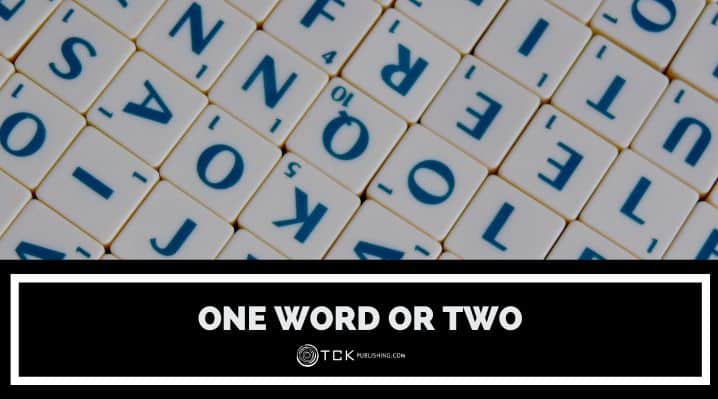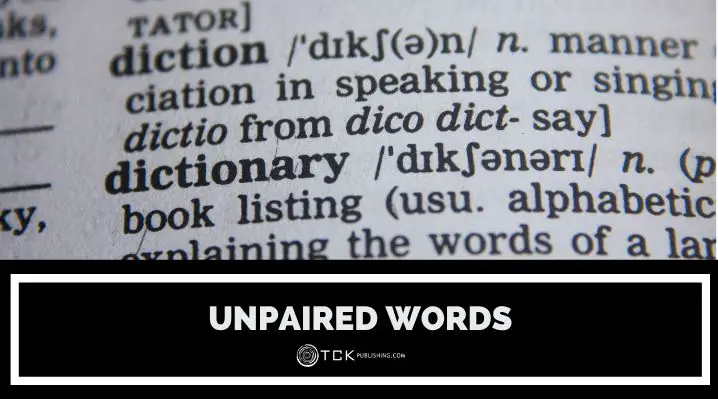
by Cole Salao
Picture this: You’re in a debate about a complex issue. As you’re about to make a point, your opponent cuts you off with, “It is what it is.” Boom! Conversation over. This is a thought-terminating cliche in action. They sound meaningful, but in reality, they’re...

by Cole Salao
English is full of compound words or phrases that look and sound the same, but their meanings—and how they’re used—can change dramatically depending on use and context. Should it be “everyday” or “every day”? “Wake up” or “wake-up”? Even seasoned writers get tripped...

by Cole Salao
I bet you’ve felt disdain, but have you ever experienced dain? Probably not. After all, it doesn’t exist. Words like this are called unpaired words. They seem like they should have an opposite, but just don’t. Let’s take a look at this language quirk and see how...

by Cole Salao
Fossil words have stuck around for ages despite the language evolving around them. You see them often in English, particularly in phrases like “to and fro” and “vim and vigor.” But why and how do these words survive? What are Fossil Words? Because language keeps...

by Cole Salao
Have you ever read something that made you stop and think, “Wait, did they mean what I think they meant?” Chances are you’ve encountered a double entendre—a word or phrase that could be understood two different ways. One meaning is usually straightforward,...

by Cole Salao
Have you ever read sentences that used words that left you uncertain of their meaning? That might be an equivocation—the deliberate use of ambiguity to create confusion. It’s usually what happens when writers mistake purple prose for excellent writing. Or if...







